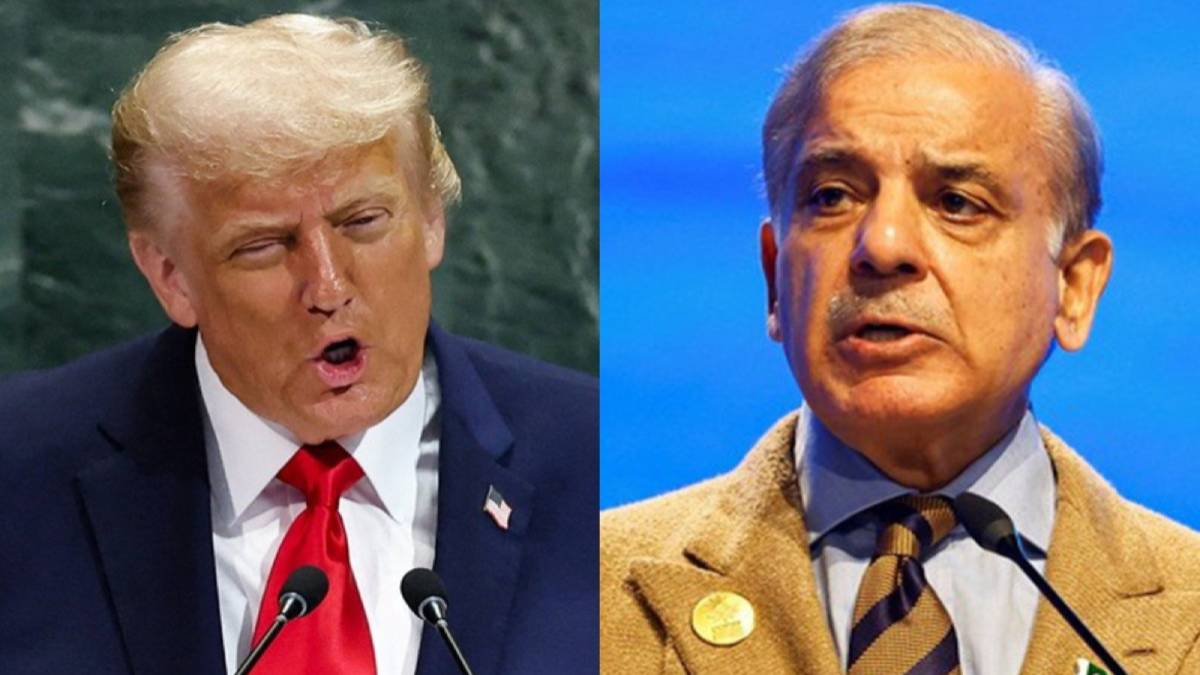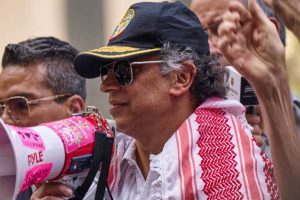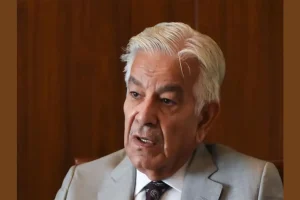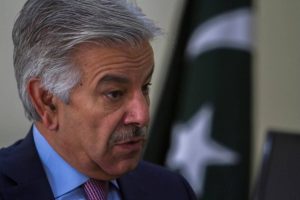US President Donald Trump hosted Pakistan Prime Minister Shehbaz Sharif and Chief of Army Staff Asim Munir at the Oval Office on Thursday. However, the meeting was marked by unusual secrecy, with the White House yet to release official photos or video—a departure from standard protocol for presidential meetings with foreign leaders.
Earlier in the day, Trump had hosted Turkish President Recep Erdogan, followed by a live joint briefing. In contrast, the Trump-Sharif meeting was only documented via Pakistan’s official social media accounts.
The Pakistan PMO confirmed that US Vice President JD Vance and Secretary of State Marco Rubio were also present. It described the meeting as being held in a “pleasant atmosphere” but noted it was closed to the press and delayed by nearly 30 minutes while Trump signed executive orders. Press pool images did show Sharif and Munir waiting outside the Oval Office.
This visit marks the first formal bilateral interaction between Trump and Sharif, six years after former Prime Minister Imran Khan met Trump in July 2019. Sharif is in the US to attend the 80th session of the United Nations General Assembly (UNGA) in New York.
On Thursday, Indian External Affairs Minister S. Jaishankar, speaking at the Second G20 Foreign Ministers’ Meeting in New York, made a veiled reference to Pakistan, stressing the need for global unity against terrorism and reforms in multilateral institutions, including the UN. “A persistent threat to development is that perennial disruptor of peace—terrorism… those who act against them render a larger service to the international community,” he said without naming Pakistan.
South Asia analyst Michael Kugelman noted that the rapid resurgence of US-Pakistan ties has become a significant “tension point” in India-US relations, particularly amid other geopolitical frictions. “While India has long accepted US-Pakistan cooperation, the speed and scale of this resurgence has amplified existing tensions,” Kugelman told ANI on the sidelines of the UNGA.





